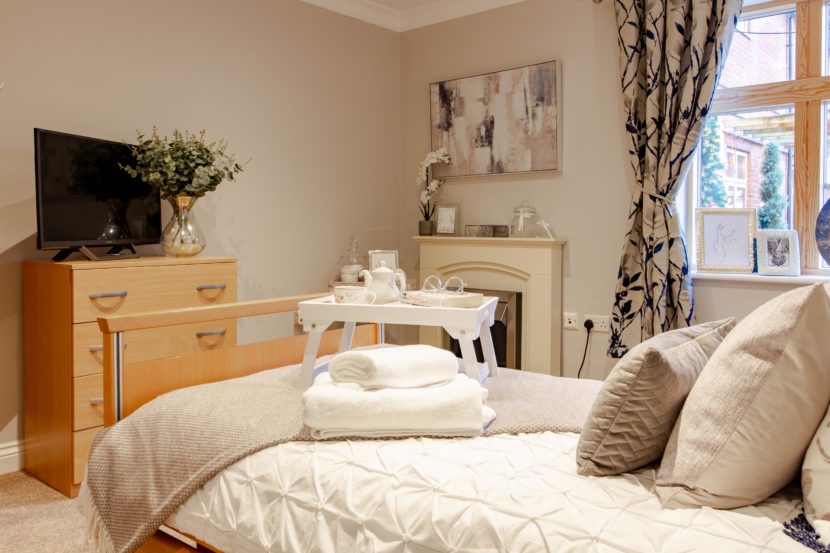Respite care is often one of the most asked about services from care homes. Whether it’s inquiries or just simply trying to understand exactly what respite care is and can provide for you or a loved one, it’s important to obtain as much information about respite care as you can in order to determine whether it’s the best choice for you or your loved one.
Firstly, what is respite care?
Respite care can be one of two things – live-in care or visiting care. Live-in care is when someone would live with you or your loved one to provide care for them. Visiting care could be supplemental care alongside what a primary caregiver provides, aid for the primary caregiver to take a break or a holiday or a family emergency. Respite care exists to allow the peace of mind that you or a loved one will have the care that you/he/she needs if ever a primary caregiver is not around.
How much will it cost?
This is a very commonly asked question, and for good reason. Making sure that you or your loved one is receiving high-quality care whilst also trying to keep it affordable is something that many raise questions about. Whilst both options for respite care have different costs associated with each, we at the Hollies are determined to provide exceptional, high-quality care that can be tailored to each individual. We are always happy to discuss our fees, you can request a brochure or email us to find out more.
What are the benefits of respite care?
Respite care is temporary care, typically in a care facility, for an elderly, ill or person with a disability – providing relief for the person(s) that are their usual residential caregivers. There is a wide range of benefits for both the person receiving care and their primary caregiver – read more about the benefits of respite care.
What does a respite caregiver do?
There are various duties that a respite caregiver could provide for you or your loved one. They do things that you or your loved one would typically do, but may not be able to anymore. These duties may include nursing or personal care, housekeeping, ongoing companionship (particularly positive for people with dementia), fetching the weekly food shop and/or cooking meals, mobility support and administering any medications necessary. This is primarily a list of tasks for those in a live-in care arrangement, however, many of these tasks are also done in a residential care home if needed.
Are you considering respite care for yourself or your loved one? If so, are there any other questions you may have? For more information or for any nursing home or dementia care home enquiries please contact the Hollies directly on 01453 541400 or email us at info@thehollies.co.uk

